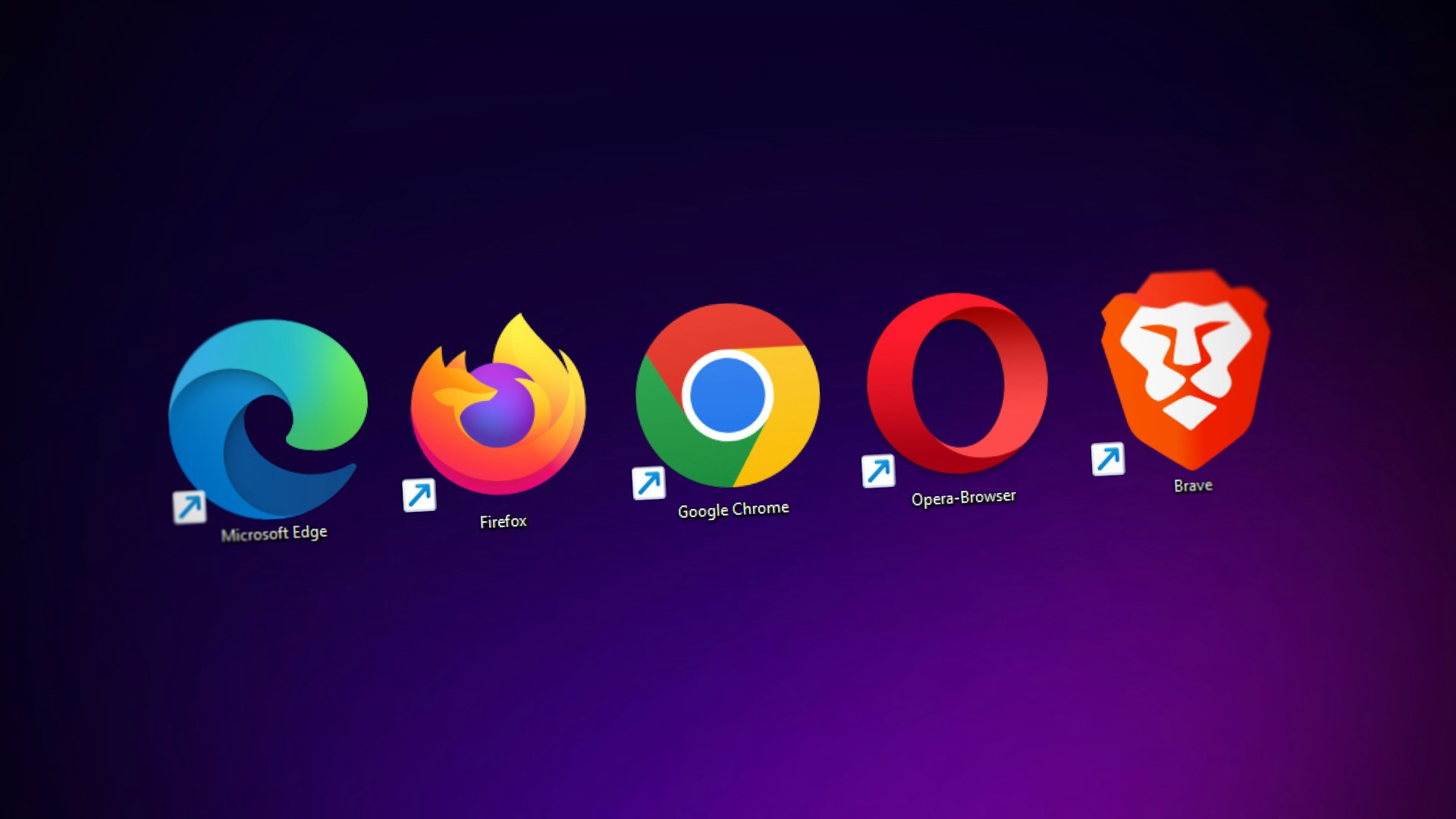The United States government is demanding that Google sell its internet browser Chrome to limit the company’s monopoly in that market, a measure that would shake the tech giant.
The Department of Justice presented this antitrust recommendation to federal judge Amit Mehta in Washington, who will rule after Google’s conviction for anticompetitive practices in internet searches.
What would the impact be for Google?
“This would be a huge blow to Google,” said analyst Dan Ives from Wedbush Securities.
Google offers free searches and generates revenue through targeted advertising and online commerce features. “It would be a drastic change to the company’s business model,” said advertising professor Beth Egan from Syracuse University.
Selling Chrome would leave Google without an important source of “a lot of information they can use to train their algorithms” and promote other services like Maps, explained Egan.
Launched in 2008, Chrome captures about 70% of the online search market, surpassing its competitors Edge and Safari, developed by Microsoft and Apple, respectively.
However, experts believe Google would find a way to recover if forced to sell Chrome. “I don’t think losing the browser is going to kill Google as a company,” said Egan.
For example, Apple implemented a drastic limitation on cookies in Safari, the markers that allow companies to track user browsing.
“Advertisers said: ‘We have a deadlock, but we’ll manage,'” Egan recalled. “And Google will do the same.”
How much is Chrome worth?
A Bloomberg analyst estimates that Chrome, used by more than 3 billion people worldwide, could be sold for at least $15 billion. However, the lack of precedents makes it difficult to predict Chrome’s market value.
In 2016, a group of Chinese investors bought the Norwegian search engine Opera Software ASA for $600 million, which at the time had only 350 million users.
Who could buy it?
“Potential buyers for Chrome are really not many,” estimated senior analyst Evelyn Mitchell-Wolf from Emarketer, considering that “any company with enough money to buy Chrome is already under scrutiny by antitrust authorities.”
However, the analyst considered that the U.S. government could authorize the sale to a domestic group to “prioritize innovation in artificial intelligence [AI] and position the U.S. globally in this technology.”
Would it benefit other browsers?
Analysts agree that people will continue using Chrome no matter its owner, as long as the quality doesn’t decrease. “This assumes that Chrome keeps its most popular features and continues innovating,” Mitchell-Wolf said.
“Search behaviors are a convenience function first, and trust and experience second,” she added.
The Department of Justice argues that people use Chrome because it is the default browser on their devices, and that if they had other options, they would use them, but analysts consider this “unlikely.”
The Trump Factor:
Many doubt that Judge Mehta will accept all of the Department of Justice’s recommendations. Analyst Angelo Zino from CFRA called the suggested measures extreme and unlikely to be imposed by the Court.
The incoming Trump administration also “remains an unpredictable factor,” regardless of whether the justice authorities take up the case.
In October, Trump said he opposed dismantling Google, considering that such a decision could go against U.S. interests internationally. “China is afraid of Google,” and the decision could harm the company, Trump estimated. However, the elected president has also accused Google of being unfair to conservative content.






0 Comments